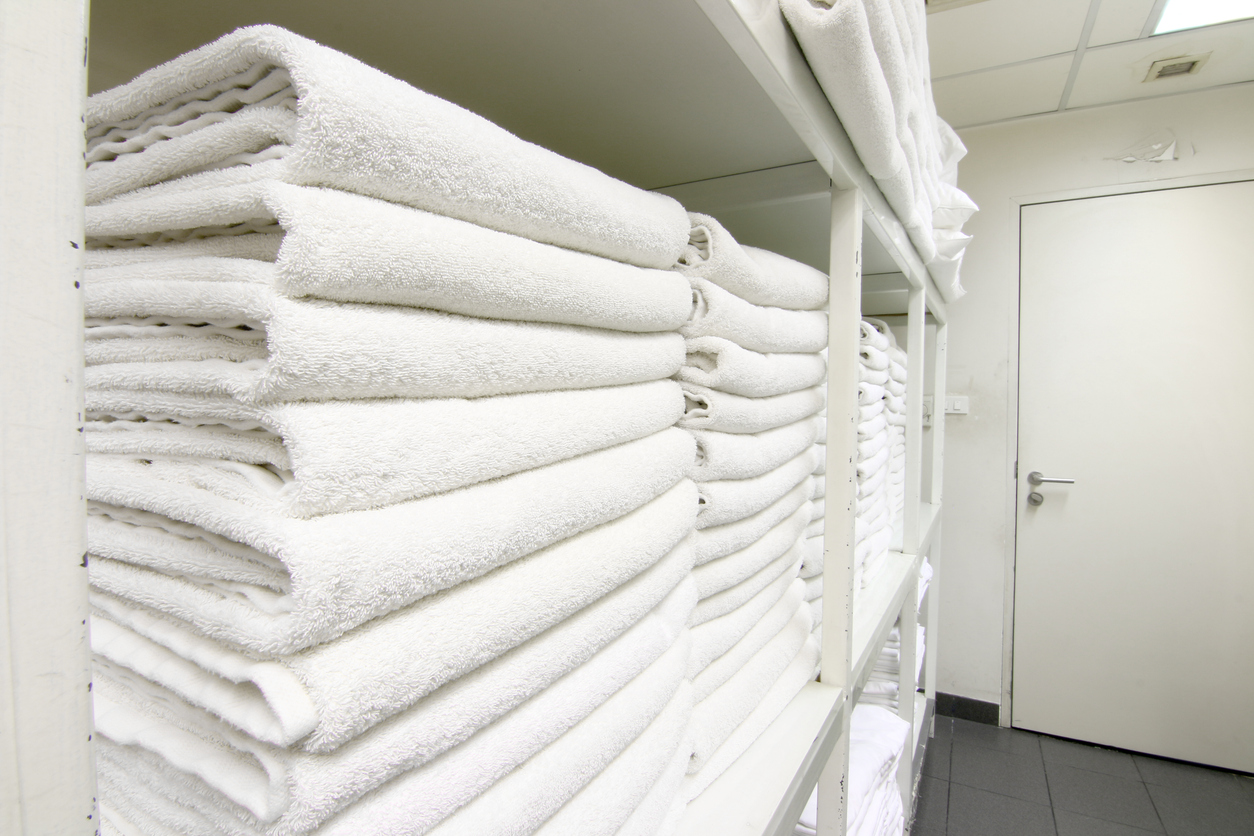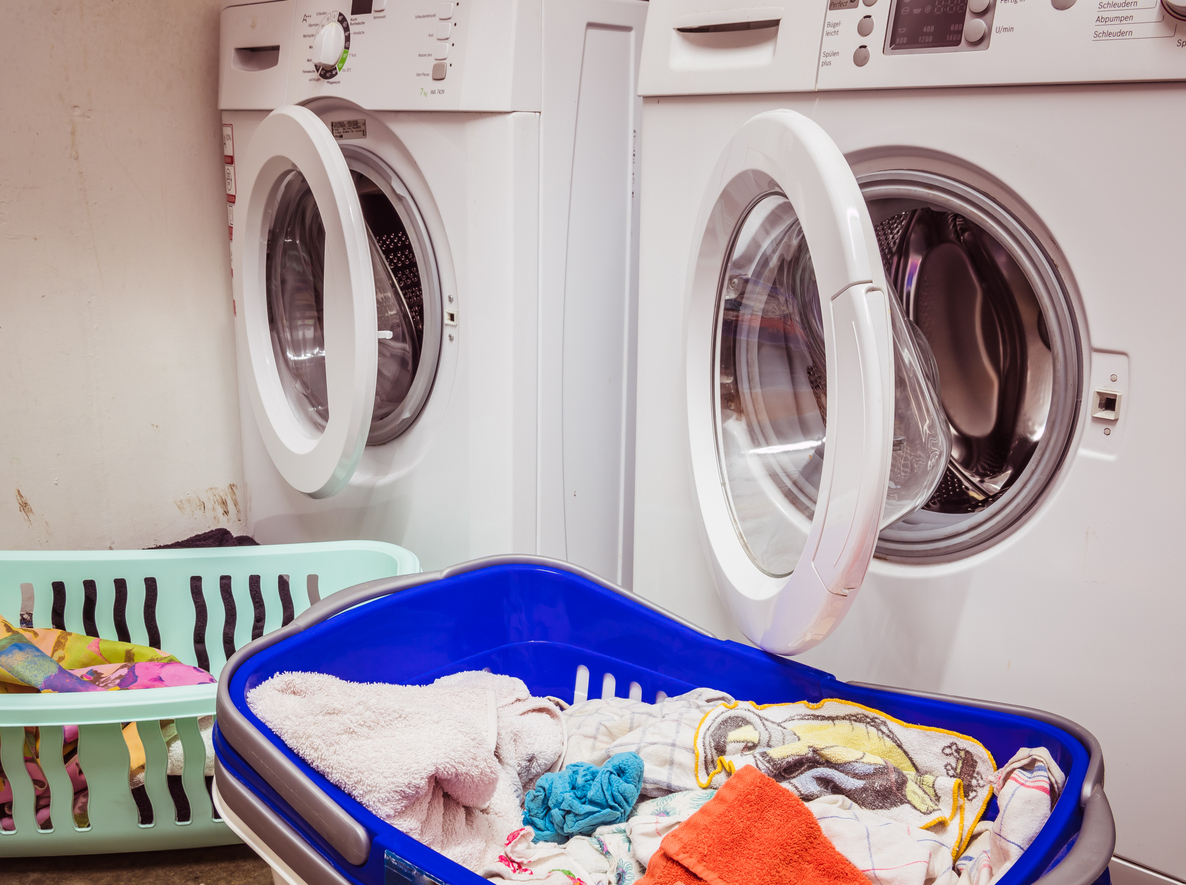In today's dynamic hotel industry, traditional towels pose a series of inconveniences that can affect guest experience and hotel operational efficiency. From the logistical challenges associated with their laundering and replenishment to the environmental concerns related to their excessive resource usage, these limitations are a true headache for hoteliers.
The constant washing and replenishment of towels pose logistical and environmental challenges for hotels, increasing operating expenses and affecting guest satisfaction. In bathrooms, high humidity accelerates furniture deterioration and compromises hygiene standards. Valiryo addresses these issues by efficiently reducing humidity levels, preventing furniture damage, and promoting a healthier environment.
By providing a cleaner, fresher environment and contributing to enhanced hygiene, Valiryo can enhance hotel services , your reputation and meets the growing demand for sustainable and hygienic solutions in hospitality.
The towel, a challenge for your hotel
Traditional towels represent a significant economic burden for hotels. Beyond the initial purchase cost, there are ongoing expenses related to laundry services, replacing worn-out or stolen towels, and regularly renewing towel stocks.
These costs encompass not only the direct expenses of laundering—such as water, electricity, and detergent—but also the indirect costs associated with labor, equipment maintenance, and storage facilities. The financial outlay for towel management diverts funds that could otherwise be allocated to enhancing guest services or improving facilities.
Theft and losses: a constant concern
Theft and loss of towels are prevalent issues in hotels, adding significantly to the financial strain. Studies show that 80% of hotels report regular problems with towel theft, where guests often take towels as souvenirs.
This ongoing issue leads to a continuous need for replacements, presenting an ever-increasing expense. Moreover, it disrupts inventory management, requiring hotels to maintain a larger stock of towels, which further escalates costs and complicates operations.

Complicated logistics of towel
The logistics of collecting, washing, drying, and redistributing towels in hotels are intricate and costly operations. Housekeeping staff must continuously monitor towel usage, ensuring timely collection and replacement to meet guest needs, which drives up labor costs. The laundering process itself is resource-intensive, involving significant water consumption, high energy use for washing and drying, and a considerable amount of chemical detergents and fabric softeners. These chemicals not only wear down the towels more quickly, necessitating frequent replacements, but also introduce pollutants into the environment.
Also, hotels need large storage areas to accommodate the constant turnover of clean and dirty towels, further complicating logistics and requiring significant space management. The entire process is a continuous cycle that strains both financial and environmental resources, highlighting the need for more sustainable and cost-effective solutions.
Environmental impact of traditional towels
Traditional towels contribute significantly to environmental degradation. The laundering process alone consumes vast amounts of electricity and water, as towels must undergo repeated cycles of washing and drying to maintain hygiene standards. Moreover, the use of chemical detergents and fabric softeners introduces pollutants into water systems, contributing to chemical runoff and environmental harm. Additionally, the disposal of worn-out towels adds to textile waste, exacerbating landfill congestion and environmental degradation.

In this context, guests increasingly prioritize businesses that demonstrate environmental concerns and solutions. As guests become more conscious of sustainability, hotels face growing pressure to adopt eco-friendly practices. Recognizing this trend, we have developed certifications to promote sustainable initiatives and reward hotels that prioritize environmental responsibility. By choosing Valiryo, hotels not only improve guest experience but also align with the values of environmentally conscious consumers, earning recognition and loyalty for their commitment to sustainability.
Inconvenient and unsafe: towel problem for hotels
Traditional towels can be uncomfortable and unsafe, especially for guests with mobility issues or disabilities. Drying off with a towel often requires awkward movements, increasing the risk of slips and falls. This is particularly dangerous for older guests or those with limited mobility, who may find it challenging to balance while drying themselves. The risk of falls in the bathroom can lead to serious injuries and potential liability issues for hotels.

The traditional drying process with towels can be uncomfortable and even unpleasant for guests, particularly after a soothing shower. The rough texture of towel fabric may irritate sensitive skin, detracting from the overall experience and potentially causing discomfort. These issues not only diminish guest satisfaction but also pose liability concerns for hotels.
In contrast, Valiryo offers effortless and hygienic body drying, providing guests with a pampering experience akin to a spa treatment. The warm airflow soothes and refreshes, leaving guests feeling relaxed and revitalized after each use. By prioritizing guest comfort and safety with Valiryo, hotels can foster increased guest loyalty and positive feedback, distinguishing themselves as establishments that truly care for their guests' well-being.